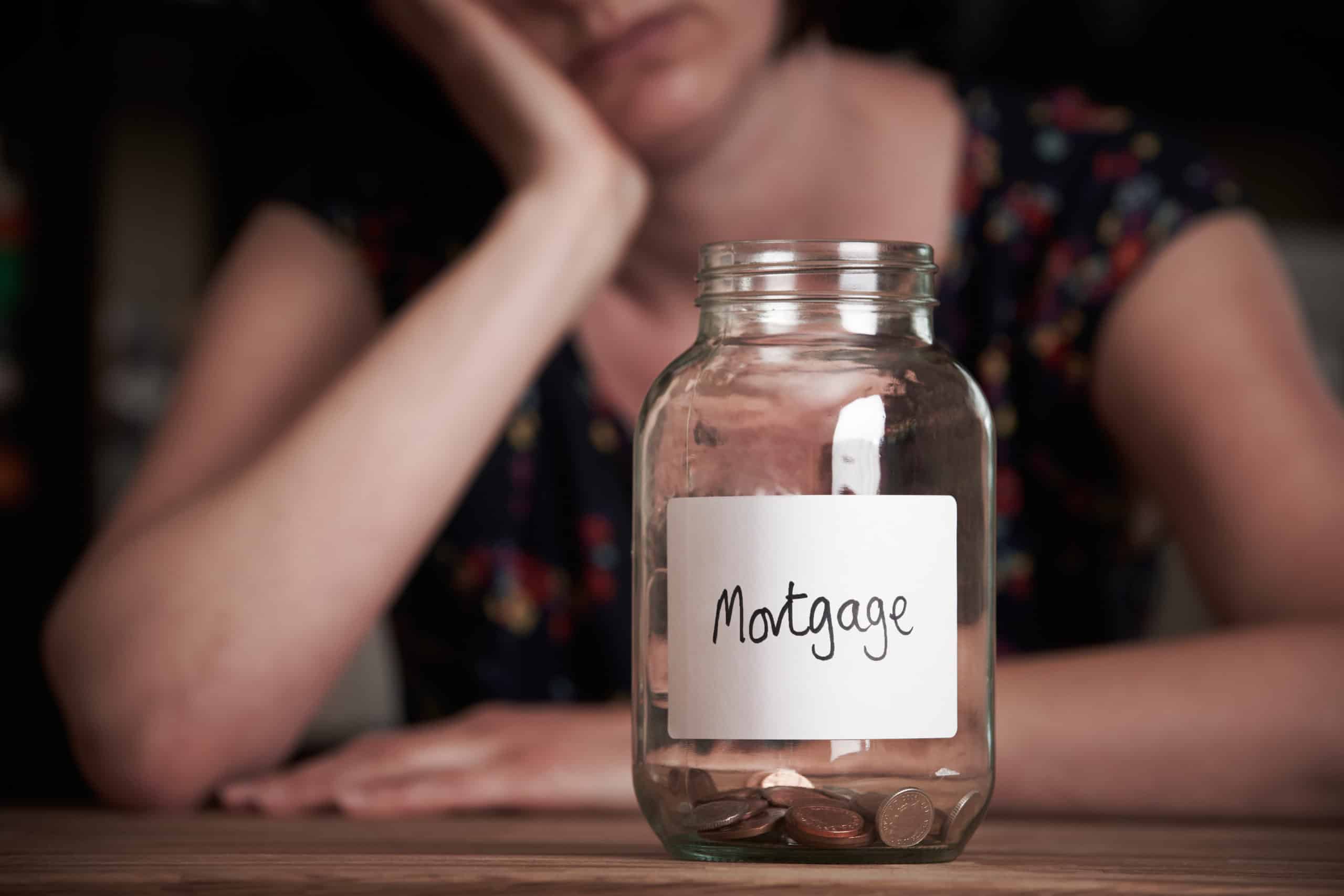News, tips & advice.
The latest property news.
- FREE cash offer within minutes

Featured Article
We Buy Any Home vs Property Auction
The two quickest ways to sell your house are through a cash-buying company or an auction house. Both methods have advantages and drawbacks, but how…
Free cash offer within minutes, any condition, any location.

What Happens to Inheritance After a Divorce? A Clear Guide
Dividing up assets during a divorce can be complicated, and understanding what happens to inheritances is often particularly challenging. This guide aims to clarify whether…

What Does the Spring Budget Mean for the UK Housing Market?
"Explore the impact of the 2024 Spring Budget on the UK housing market: stamp duty changes, capital gains tax reduction, and more analyzed here."

Mutual Consent vs. Contested Divorce
There are two types of divorce in the UK, mutual consent and contested divorce. We have outlined the difference between both.

Wolverhampton’s Property Market Forecast
Are you looking to move to Wolverhampton? You’re not alone. Over 254,000 people live in the brilliant city, and that number is increasing by the…

A Complete Guide to the Government’s Home Buying Schemes
Explore essential government home-buying schemes in our latest blog! Learn how these programs can make property ownership more attainable, whether you're a first-time buyer, council tenant, or seeking more space.

Will Cash House Buyers Kick Out My Tenants?
We explore what cash house buyers do and address whether they will kick out your existing tenants when selling your tenanted property.

Why Moving Out During a Divorce Could Be a Big Mistake
You may be tempted to leave the family home to escape the tension and stress of divorce, but is it the right decision? Learn more here.

What is Porting a Mortgage?
When you move, porting a mortgage is absolutely key. But what does it mean? Find out everything you need to know here.

How To Split a House During a Divorce
To relieve some of the pressure that comes with divorce, we explore some useful first steps when dividing up your matrimonial assets.
Free cash offer within minutes, any condition, any location.

"Faultless"
I found the whole process faultless. Right from my initial enquiry the communication I received was excellent, all the way through to the completion of the sale of my property. I would be happy to recommend We Buy Any Home.
As featured in





Get a free cash offer today
Enter your details below
"*" indicates required fields







